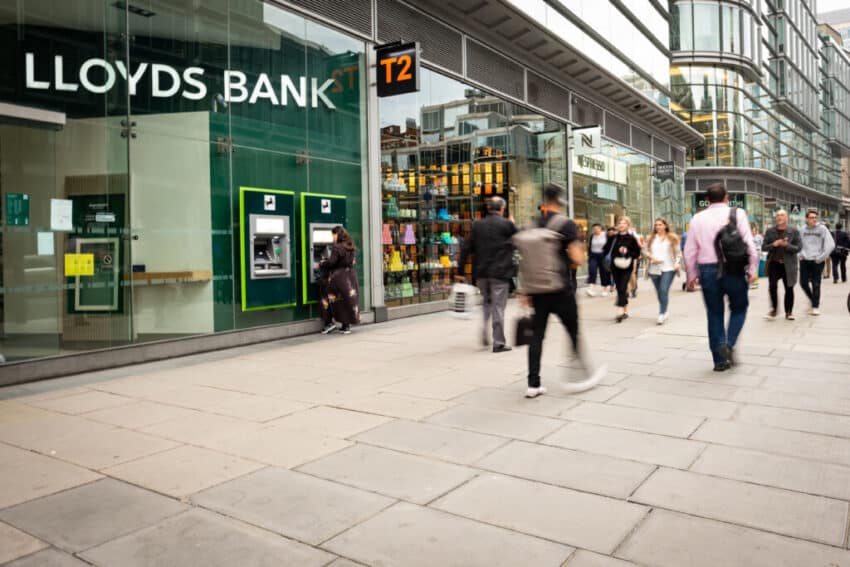Lloyds has become the only leading high street bank to say it will not delay the closure of any remaining last branches in towns until a replacement banking hub is ready.
Barclays, HSBC and NatWest have said they will not close branches
for up to a year where Link, the cash network operator, has said a shared hub should replace the final remaining bank.
These hubs, which different banks take turns to staff on weekdays, have been touted as the best way to replace closed branches. However, the rollout has been slow. More than fifty have been proposed by Link, but only four have opened. That compares with 5,579 local bank branches that have been shut since January 2015.
The pace has been blamed on difficulties finding suitable sites and on getting commercial landlords to let to the company behind the hubs, when the shared branch concept was launched only in 2020. Another 406 branches are due to shut by the end of 2023, Which?, the consumer group, says.
Lloyds, Britain’s largest retail banking group, runs as much as 46 per cent of the 390 “last banks in town” across its Bank of Scotland, Halifax and Lloyds brands. It announced 39 branch closures last week that will take place between July and September. Eight of these branches would be replaced by banking hubs, Link said.
HSBC has delayed the closure of a branch in Oakham, Rutland, and NatWest has delayed closures in Horwich, Greater Manchester and Shoreham-by-Sea, West Sussex, until the hubs marked to replace these branches are ready to open.
The Financial Services and Markets Bill going through parliament would prevent banks closing the last branch in town before alternatives are in place.
Lloyds said: “All the branch locations announced for closure have a post office and at least one free-to-use ATM near by. As with all proposed closures, these plans have been through Link’s independent cash-access assessment.”


